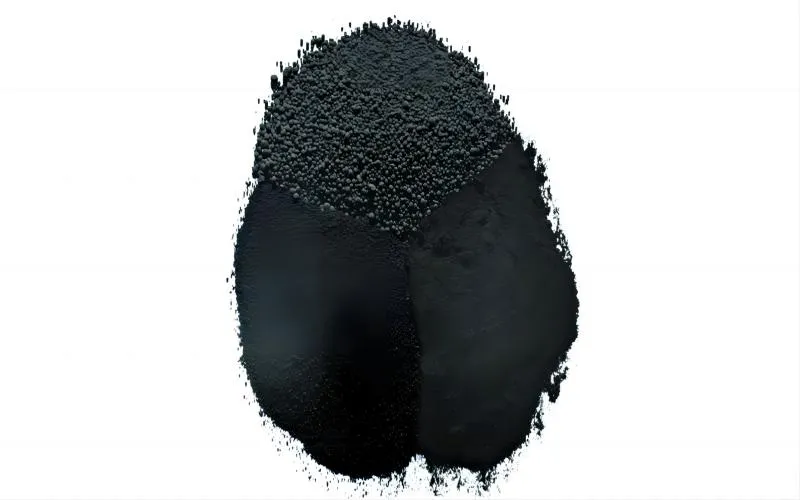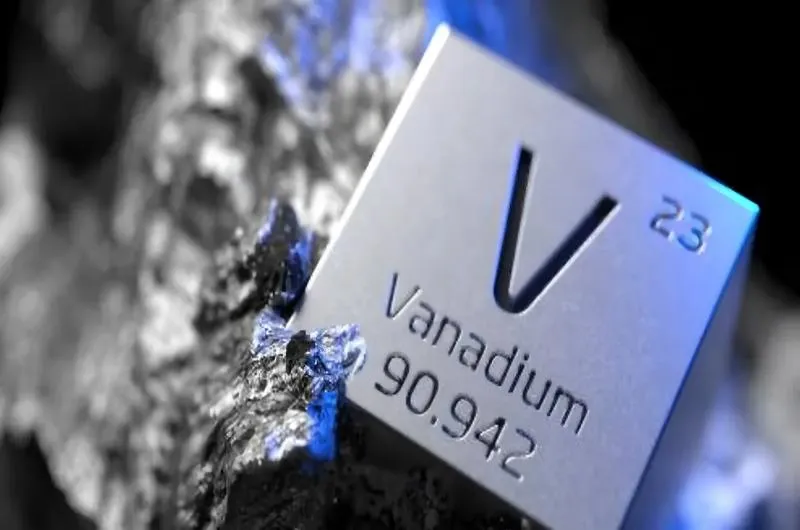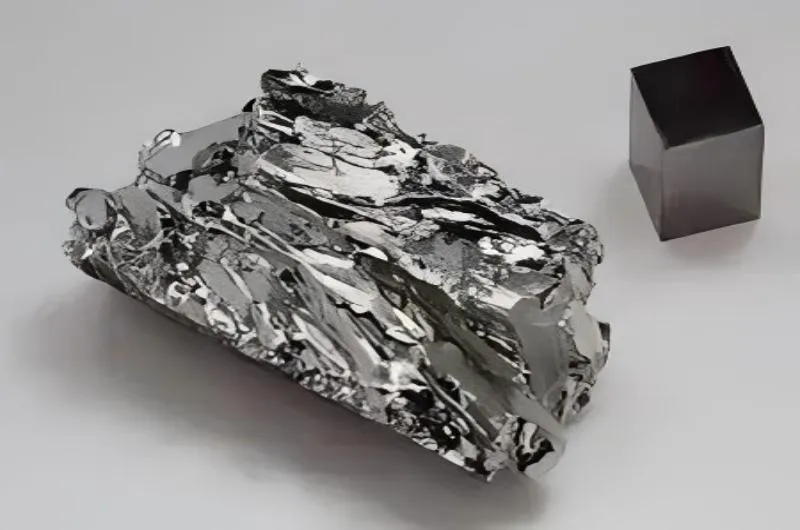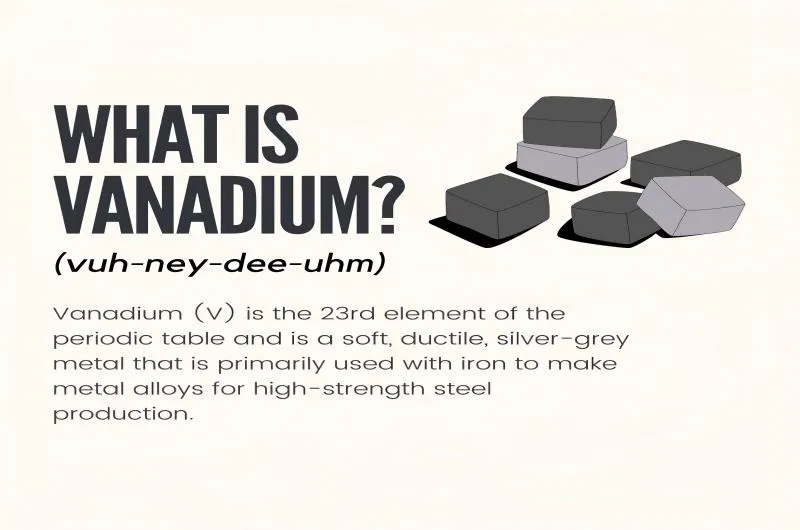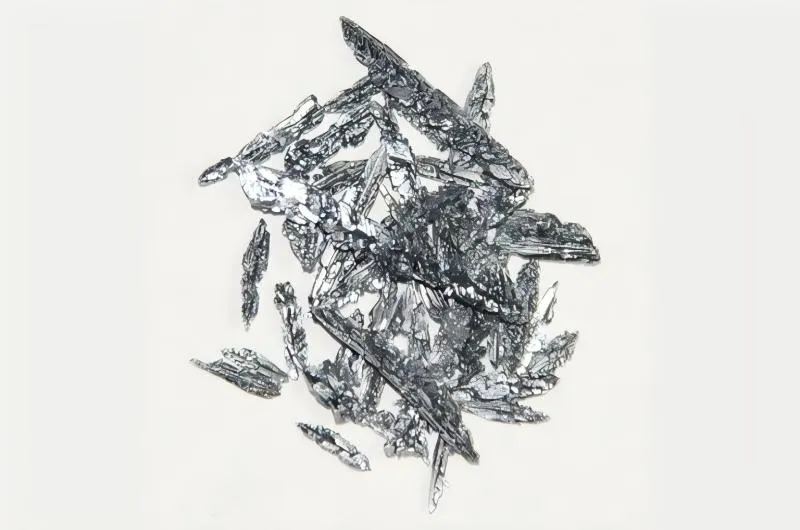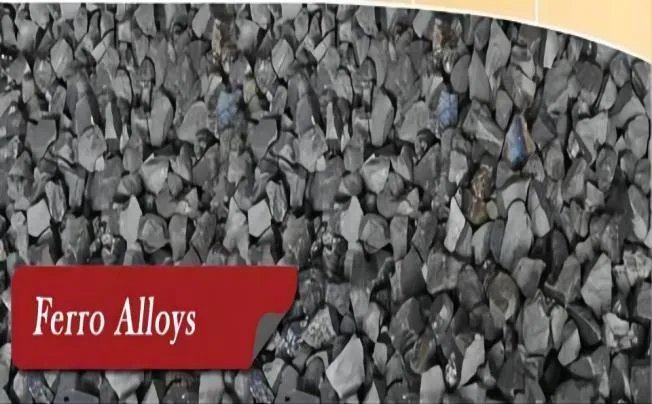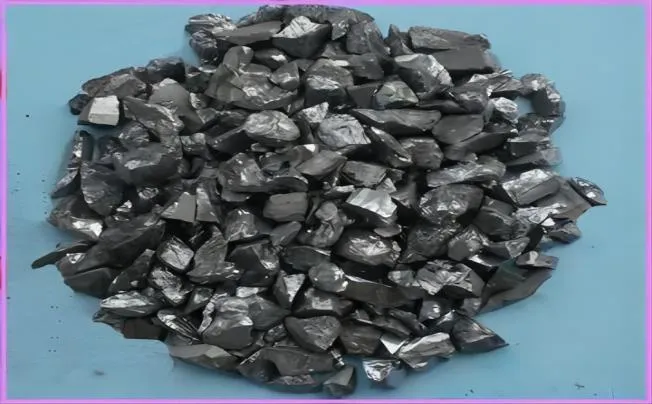BY  GENN
GENN
2024/06
Blog
What Is The Difference Between Carbon Black And Petroleum Coke?
Petroleum Coke
Petroleum coke, often referred to as pet coke, is a carbonaceous solid byproduct of the refining process in the petroleum industry. It is obtained through the thermal decomposition of heavy hydrocarbon fractions derived from crude oil refining or heavy oil processing. The formation process involves subjecting these hydrocarbon feedstocks to high temperatures in specialized coking units, known as delayed cokers or fluid cokers.
These coking units employ a process called cracking, which breaks down complex hydrocarbon chains into smaller molecules. The resulting solid residue is petroleum coke.
Origin from Crude Oil Refining or Heavy Oil Processing
Petroleum coke originates mainly from two sources: crude oil refining and heavy oil processing. In crude oil refining, the process involves distilling crude oil into various fractions, such as gasoline, diesel, and jet fuel.
However, some fractions cannot be converted into valuable liquid fuels through distillation alone. These residual fractions contain high molecular-weight hydrocarbons that are difficult to convert into lighter products.
To extract further value from these residues, they are processed in either delayed cokers or fluid cokers to produce petroleum coke. Similarly, heavy oil processing involves treating thick and viscous oils that cannot be directly used as fuels due to their high density and low volatility.
Such heavy oils are subjected to various upgrading processes, like thermal cracking and visbreaking, to convert them into lighter products such as gasoline and diesel fuel. However, these processes also generate petroleum coke as a byproduct due to the presence of large molecules that cannot be easily converted into desired liquid fuels.
Properties and Characteristics
Petroleum coke exhibits several distinct properties that set it apart from other carbonaceous materials:
- Sulfur Content: Petroleum coke typically contains higher sulphur content than most carbon black grades due to its origin in heavier feedstocks during refining or processing operations.
- Volatile Matter: Volatile matter refers to the portion of petroleum coke that vaporizes when heated under specific conditions.
It plays a crucial role in determining the combustibility and reactivity of pet coke during different applications.
- Ash Content: Petroleum coke may contain varying amounts of ash depending on factors such as source material composition and coking process parameters.
- Carbon Content: Petroleum coke generally has a higher carbon content compared to many other carbonaceous materials like coal or wood charcoal due to its formation from highly carbon-rich feedstocks. 5. Moisture Content: Moisture content refers to the presence of water within petroleum coke particles after being exposed to ambient conditions.
Applications and Uses
Petroleum Coke finds application across diverse industries due to its unique properties:
- Fuel for Power Generation: Due to its energy-rich composition and relatively low cost compared with other fuels, petroleum coke is commonly employed as a fuel source in power plants. Its high heat value makes it suitable for generating steam or electricity through combustion processes.
- Anode Material in Aluminium Smelting: Another significant application of petroleum coke lies in aluminum smelting where it serves as an essential component for manufacturing graphite anodes used during electrolysis processes for extracting aluminum metal from alumina ore.
- Graphite Electrode Production: Petroleum Coke acts as a vital raw material for producing graphite electrodes needed in electric arc furnaces (EAFs) utilized for steelmaking purposes.
Note: It’s important always to use appropriate safety precautions when handling any materials mentioned here; proper ventilation should be ensured while working with fine particles like carbon black or petcoke dust.
Differences between Carbon Black And Petroleum Coke
- Raw Material Differences
Carbon black and petroleum coke differ in terms of their raw materials. Carbon black is produced from hydrocarbons such as coal tar or ethylene cracking tar.
These hydrocarbons are obtained as byproducts from the production of chemicals and fuels. Coal tar, for instance, is derived from coal during the coke-making process.
On the other hand, petroleum coke is derived solely from crude oil. It is a solid carbonaceous residue left behind after the refining process of crude oil.
The distinction in raw materials impacts several aspects of carbon black and petroleum coke, including their composition and properties. The unique composition of carbon black allows for its excellent reinforcing properties in rubber applications, while petroleum coke possesses different characteristics suitable for specific industrial uses.
- Production Process Differences
The production processes employed to obtain carbon black and petroleum coke also showcase significant differences. Carbon black production involves a controlled combustion process known as pyrolysis, which transforms hydrocarbon feedstocks into carbon black particles with desired properties.
In this process, the feedstock material undergoes high-temperature decomposition without combustion under controlled conditions in a furnace called a reactor or pyrolysis chamber. Catalysts may be introduced to facilitate the pyrolysis reaction and influence particle characteristics like size distribution and morphology.
In contrast, petroleum coke production relies on a different set of techniques primarily associated with crude oil refining or heavy oil processing. These methods include thermal cracking or coking processes that thermally decompose heavier hydrocarbon fractions into solid carbon structures.




